Chronicle celebrates with teachers
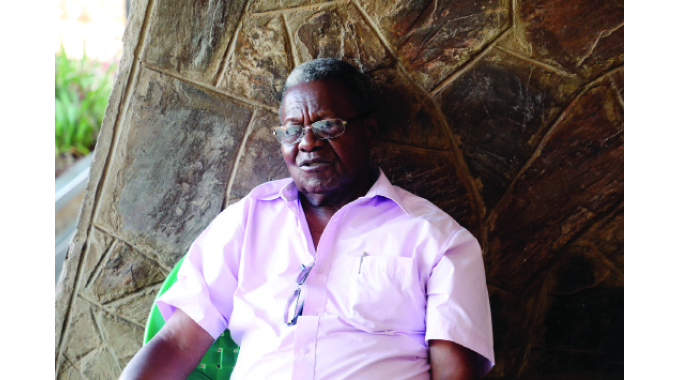
Flora Fadzai Sibanda, Chronicle Reporter
Mr Biseyi Mangena (79), started teaching in 1967 until he retired in 2016, clocking 49 years in the classroom.
As the world celebrated World Teacher’s Day yesterday, a day that falls on October 5 annually, Mr Mangena said teachers have a great influence in the formative years of every child, thus they play an important role in the future of every generation.
As part of celebrating the wonderful work of teachers across the globe, Chronicle spoke to some of those who were in the profession in Bulawayo.
One of them is Mr Mangena, who taught in several parts of the country.
He was inspired by one of his teachers to become a teacher, as he always saw him as a smart and intelligent man.
Mr Mangena trained as a teacher at Lower Gweru Training School in 1965.
Immediately after graduating in 1967, he started teaching at Mafuba Primary School in Masvingo.
Because he loved Ndebele, he asked for a transfer two years later as he wanted a school where he could teach the language.
Mr Mangena said he was transferred to Hanke Missionary Primary School in the Midlands.
He said the liberation struggle forced schools to be closed in 1979 only for them to be opened in 1980 after the country had been liberated.
He said after schools were reopened; he went back to teaching as he did not have an intention to switch careers.
“It is important to note that no one can go anywhere without passing through the hands of a teacher. Teachers always identify the best talents among their students,” said Mr Mangena.

Zimbabwe Teachers Association (Zimta)
“Teachers have to deal with children coming from different backgrounds and that can be very challenging as parents teach their children different customs at home.”
Mr Mangena said despite the challenges that teachers faced back in the days, they showed commitment in their work
“Teachers used to be the most learned people of our generation. A teacher had to master all the concepts by head so that he or she could then be able to share with his students,” he said.
Mr Mangena said the advent of internet has brought a new dimension to education.
“When it comes to learning, it is now different because a teacher can now refer his students to the internet for tutorials for them to have a better understanding of the concept,” he said.
Just like Mr Mangena who was inspired by his teacher, Mrs Beauty Ncube said she was inspired by her high school teacher from Donkwe Donkwe High School in Kezi.
Mrs Ncube loved her teacher’s personality when teaching and she decided she wanted to be a teacher just like her.

Zimbabwe Teachers Association (Zimta), Chief Executive Officer Mr Sifiso Ndlovu
She started training to be a primary teacher in Mberengwa at Musume Teacher’s College in 1957 and started teaching in 1960 after graduating.
She started teaching at Mudzidzi Primary School in Mberengwa in 1960.
She also taught at schools that include Zamanyoni Primary School, Marinoha Primary School, Donkwe Donkwe Primary School all in Kezi and Bhoda Bhoda Primary School in Nkayi.
She was moved from Bhoda Bhoda Primary School to Insukamini Primary School in Njube Suburb, Bulawayo where she continued serving as a headmistress for five years
“Teaching back in the day was an enjoyable profession. As teachers, we did not like off days because we would always be thinking of our children back in the classroom,” she said.
Mrs Ncube said parents made their job easier and tolerable as they would give them permission to discipline their children whenever they started misbehaving.
She said this has changed as parents now see teachers as people who abuse their children in the classroom.
Mrs Ncube said she believes she was promoted to being a headmistress because of her good job that she was doing.
“Despite of the money challenges the profession is always associated with, being a teacher is enjoyable especially if you have a calling and did not join it for the sake of getting a job,” said the retired teacher.
Mrs Ncube said the advent of the internet has made work easy for teachers but is also promoting laziness amongst learners.
“Students no longer see the need to read well as they now use the internet to get answers for everything,” said Mrs Mangena.
To Mrs Ncube, teacher’s day is very important as it reminds her why she chose the profession in the first place.
“Listening to the news today a lot of people were praising their teachers. I was really happy to know that the world did not forget this special day for teachers. Especially since I am a retired teacher it is nice to know that people still remember me and appreciate my work,” she added.
Ms Thuba Dube, who recently joined the profession after graduating from Joshua Mqabuko Nkomo Polytechnic in 2018, said teaching at a primary school has always been a calling as she loves working with young children.
She did her training at Joshua Mqabuko Polytechnic in Gwanda from 2015 to 2018 and started teaching in 2020 at White Water Primary School in Kezi.
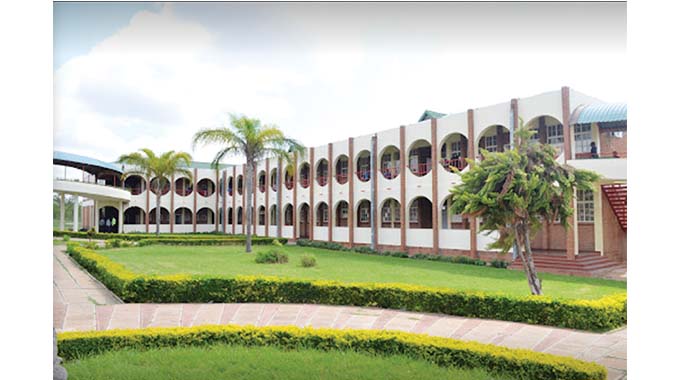
Joshua Mqabuko Nkomo Polytechnic in Gwanda
“Teaching is now easy because I can easily show my students a visual video or picture of what I am talking about, unlike in the past when visualising a concept for a learner was difficult.”
“I am currently teaching Grade 1 pupils. I get excited whenever I go to school. Celebrating this day is very important to me as it shows that we are appreciated and important in people’s lives,” said Ms Dube.
Zimbabwe Teachers Association (Zimta), Chief Executive Officer Mr Sifiso Ndlovu said the day is important for teaching professionals in general as it helps society reposition the status of teaching as a profession.
He said after so many years, the profession is still viewed in high esteem in Zimbabwe and he hopes teachers will one day be economically uplifted.
“The profession is still noble and of high esteem but in Zimbabwe we have whittled the status by ‘vocationalisation’ of this mother of all professions. Zimta looks forward to the day Zimbabwe will take a bold stance of recognising teaching as a profession and set standards that will be legal and economically sensible for this recognition,” he said. – @flora_sibanda


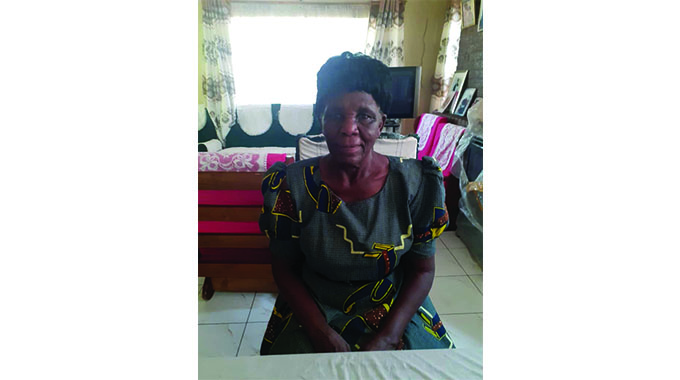
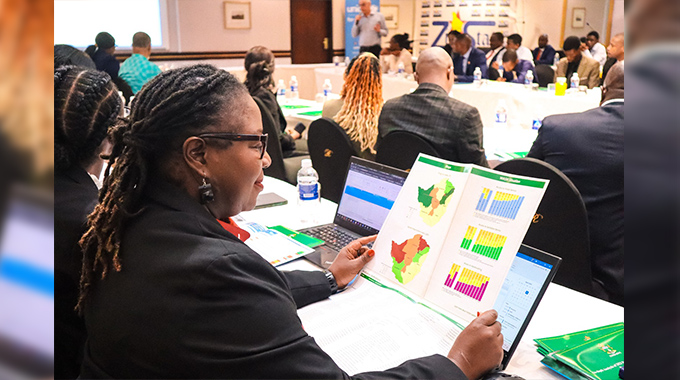
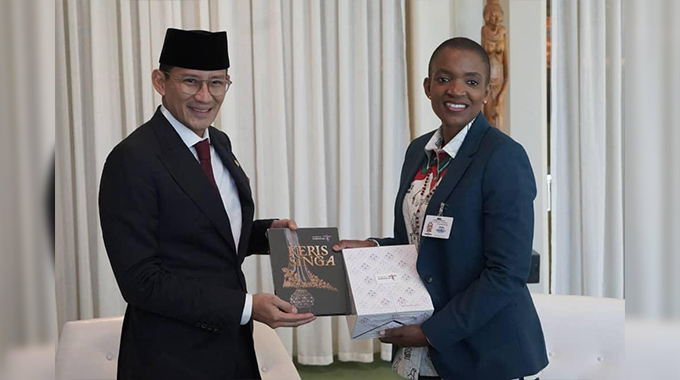





Comments